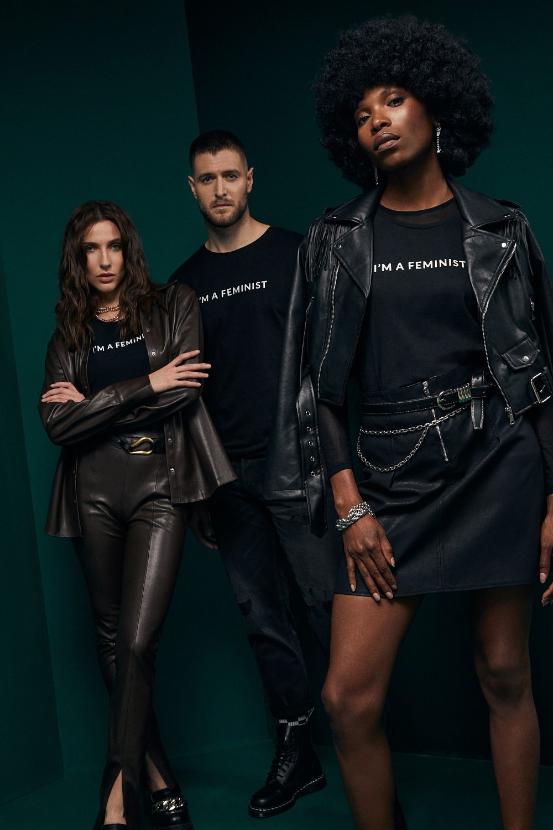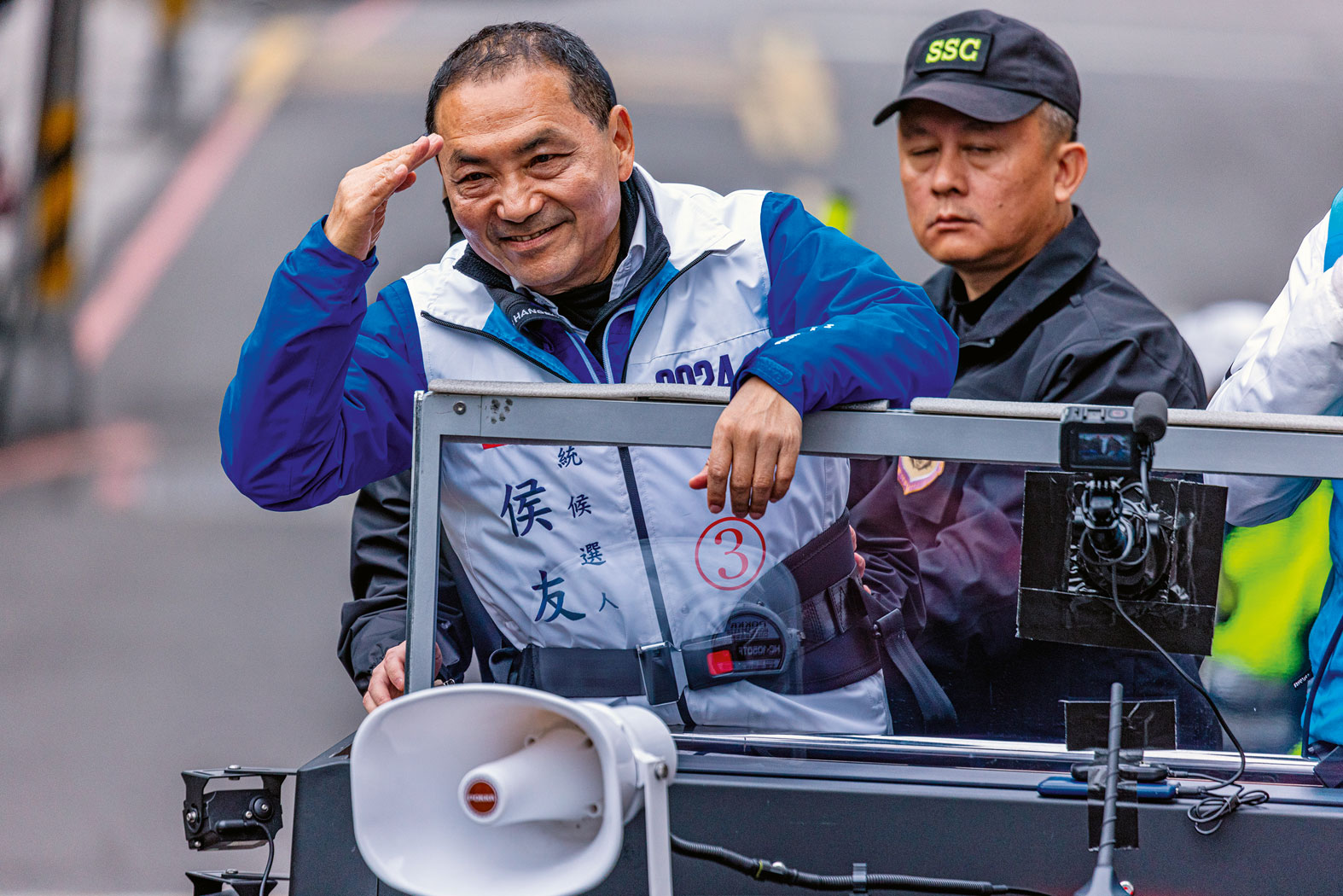I am a feminist – such a statement was encouraged by the Answear.LAB brand, initiating the campaign which was joined by more than 100 famous names, and at the same time raising awareness to speak up not to discriminate. Because equality starts with words!
The history of the struggle for equality, women’s emancipation and feminism dates back to the 19th century – yet women still do not have the same rights and opportunities as men. This is painfully demonstrated by the Global Gender Gap 2022 report, which found that the world needs 132 more years to eliminate gender inequality. There is still a lot to do on equality, we still need real action, education and discussion, including on the meaning of feminism itself. This concept, despite the passage of years, still seems controversial to some, and even admitting to being a feminist sometimes takes courage. In 2018, only 5% of Polish women described themselves as feminists. In the meantime, to achieve equality, we need men and women working together. How many of them admit to being feminists? We could discover it around November 7 – as part of the world day of feminism, mark Answear.LAB continued the #JESTEMFEMINIST initiative. This year’s campaign focused on language and its role in building equality:
“We are aware of the great importance of language – an essential element in the pursuit of equality between women and men, which is why we are focusing on it in this year’s edition of the project. #JESTEMFEMINISTA Language shapes reality, affects our perception of certain attitudes, situations or people – explains Aga Korsak, Brand Director of Answear.LAB.
Men admit, “I’m a feminist.”
In November, social media circulated photos of well-known and beloved Poles. In black clothes Men’s T-shirts with the inscription “I am a feminist” were not afraid of bold statements. Artists, journalists, actors, influencers, athletes, show business personalities and others stood in solidarity with women and shared their views on feminism, encouraging others to make a manifesto similar. The #JESTEMFEMINISTA action was created on the initiative of Answear.LAB – the own brand of answear.com, which in its activities is not limited only to the creation of special collections. The brand keeps pace with its customers, inspiring and encouraging them to live on their own terms. From the beginning, she initiates or engages in projects that end up supporting women around the world.
“The role of big, high-reach brands is to drive bold communication that can inspire change. Of course, I am aware that the brand’s involvement in ideological issues may cause mixed feelings among consumers, but fashion has always reflected social changes and continuously reacted to current events. If we look at history, it turns out that a fairly prosaic matter, like the choice of everyday style, is the result of many complex cultural changes. – admits Aga Korsak.
How to talk about women and to women?
You can be a feminist and a feminist on a daily basis, starting with the simplest things, even with… language. By using inclusive speech, using feminatives or expressions that promote equality, we express our respect for the other person, but above all we show women that they are an important part of society. Unfortunately, gender stereotypes are rooted not only in culture, politics and the workplace, but also in language. It suffices to cite here some popular expressions which shock with stereotypical thought, for example the saying “Don’t cry like a woman” on the one hand criticizing the emotionality of women, on the other hand describing the tears of men as something abnormal and shameful. Feminatives are a separate topic that triggers social discussion.
“Through the feminatives, we can not only highlight the place of women’s work in everyday life, but above all see how we react to the same job written in a masculine or feminine form. It starts with the language – the real change will come when the engineer, the surgeon, the prime minister are as prominent and respected as the male equivalent of those professions, and feminized jobs are attractive to men. For this, a profound economic reconstruction is still necessary. – said Aga Korsak.
It turns out that the use of feminine forms and endings is nothing surprising – our ancestors used them in the 19th century and the beginning of the 20th century. Meanwhile, a lawyer and lawyer are just as professional as nurses and nurses or teachers and teachers – we have no problem using the latter.
Material prepared by Answear.LAB








